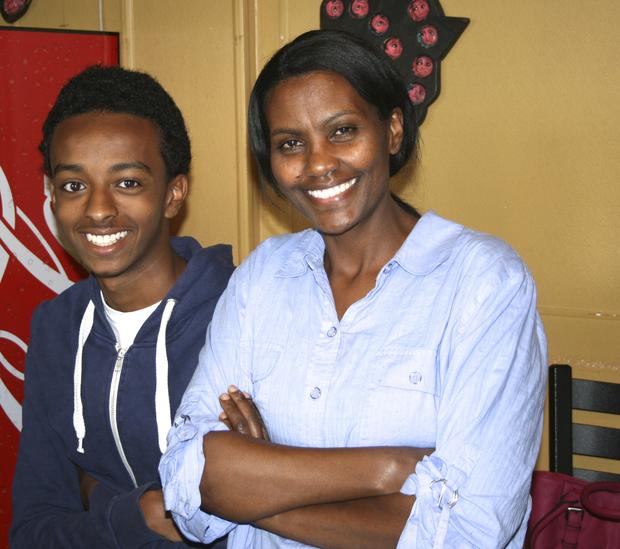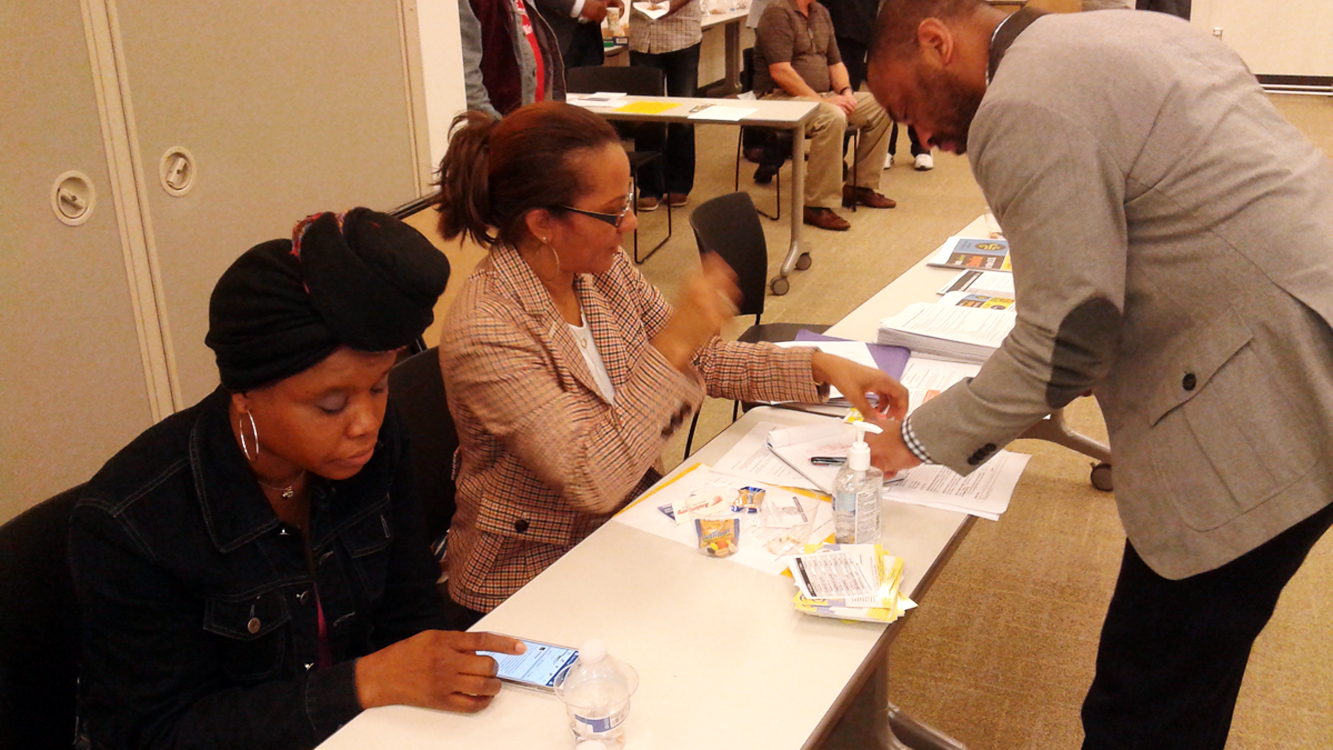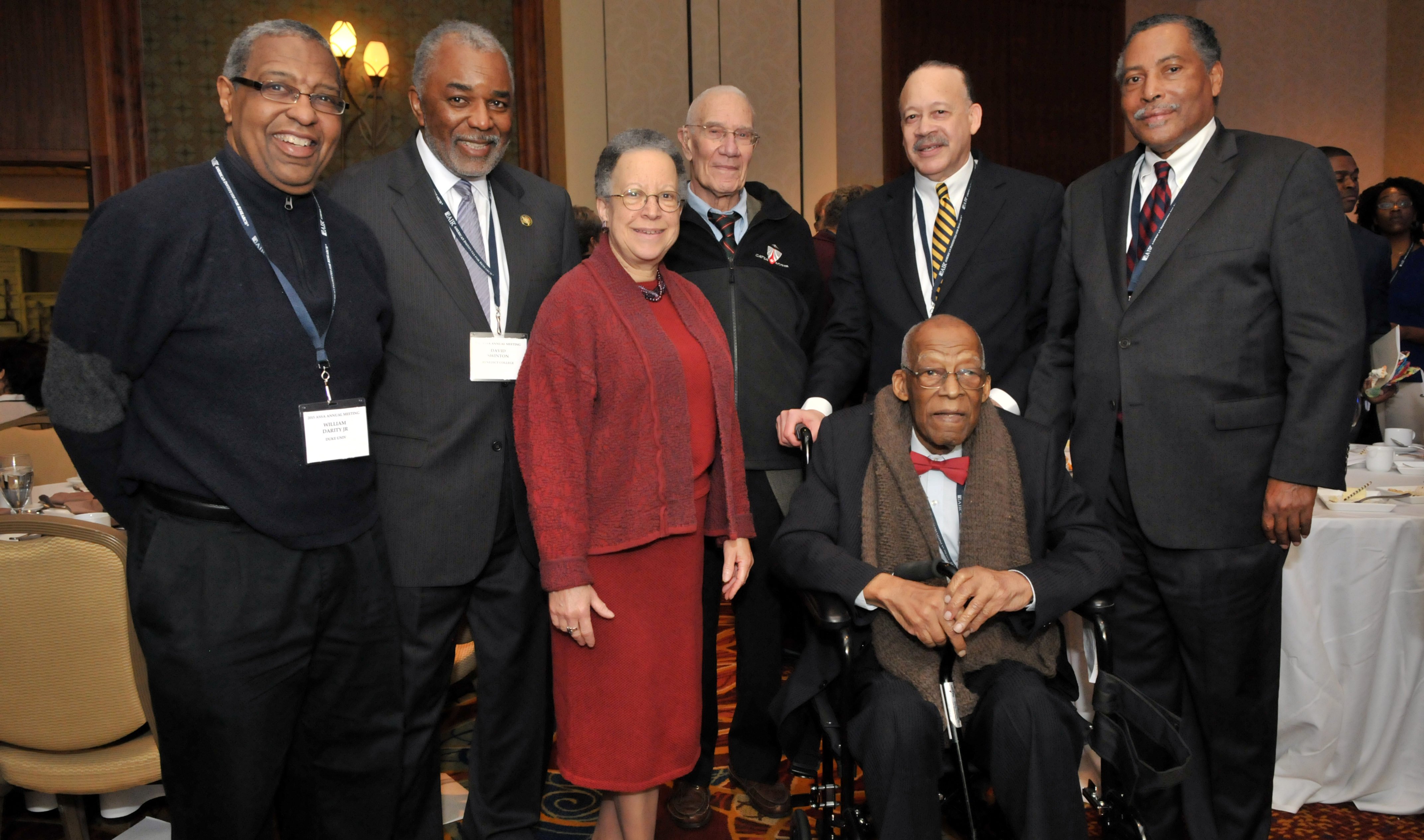MINNEAPOLIS — Before thefirst light shines over the Mississippi River, Siyad Salah is already on theroad outside Minneapolis,driving a taxicab for a living. By early afternoon, he’s carrying around hisvideo camera, interviewing and shooting images for his volunteer work at alocal Somali television station.
A father of three children, Salah’s daily life behind the steering wheel andcamera sounds hectic and intense, but it’s something that he won’t trade foranything. He said that he still manages to spend time with his family at night,gets a complete eight hours of sleep, and most importantly, he gives back tohis community.
“Many Somalis here, particularly the elderly who stay at their homes most ofthe time, need to get information,” he said. “They watch shows in English, andit’s hard for them to fully understand.”
Salah, 33, recalled that his volunteer work at Minneapolis-based Somali TV, thecountry’s first nonprofit television network that runs daily talk shows andnews programs in Somali, has been motivated by his mother’s struggle with theEnglish language.
“Many times, when I came home from work, she repeatedly asked me, ‘Can we watchthe news in Somali?’ I knew that there are many older Somalis like her who havethe same question,” he said.
Salah immigrated to the United States with his parents and three siblingsin 1993. He tried to live in Ohio years ago,but he found a home in Minnesota.“I like the Twin City. My family is here,” he saidproudly. “My father is a middle school teacher at Minneapolis Public School.”
In the last decade, more than 20,000 Somali refugees have ended up in the stateof “10,000 Lakes.” Minneapolisis now home to hundreds of Somali-owned and operated businesses. Several mallsin this city now offer everything from halal meat to leather shoes to moneytransfer to videos and DVDs of the latest songs and Somali movies. The refugeepopulation has increased especially in the Cedar-Riverside area of Minneapolis.
For safety, Salah only drives his cab in the suburban areas. “I have to becareful. Everyday I start to drive at 4 a.m.” Between driving hours heorganizes interviews, and by 1 p.m. he goes back to the studio and begins theproduction work. “Sometimes I still have to edit, so I finish the day at 5p.m.”
But while driving a cab and working for a television seem to be a mismatch tomany, it actually complements each other.
“Because Siyad [Salah] drives around, he meets a lot of people and is exposedto many different things,” said Abdulkadir Osman, executive producer for SomaliTV. “He knows what’s happening around us.”
Osman, who also heads a nonprofit charter school in St. Paul, has been working closely with Salahfor a long time. He said that Salah is “known to the community.”
“He’s not only a cameraman. He plans the programs, he coordinates with theanchorperson, and he makes the schedule,” Osman said. “Without him, I don’tknow how the station is going to work. He is our main machine.”
About Anthony D. Advincula
Anthony D. Advincula is a New York-based editor of New America Media.
- Web |
- More Posts(1)







